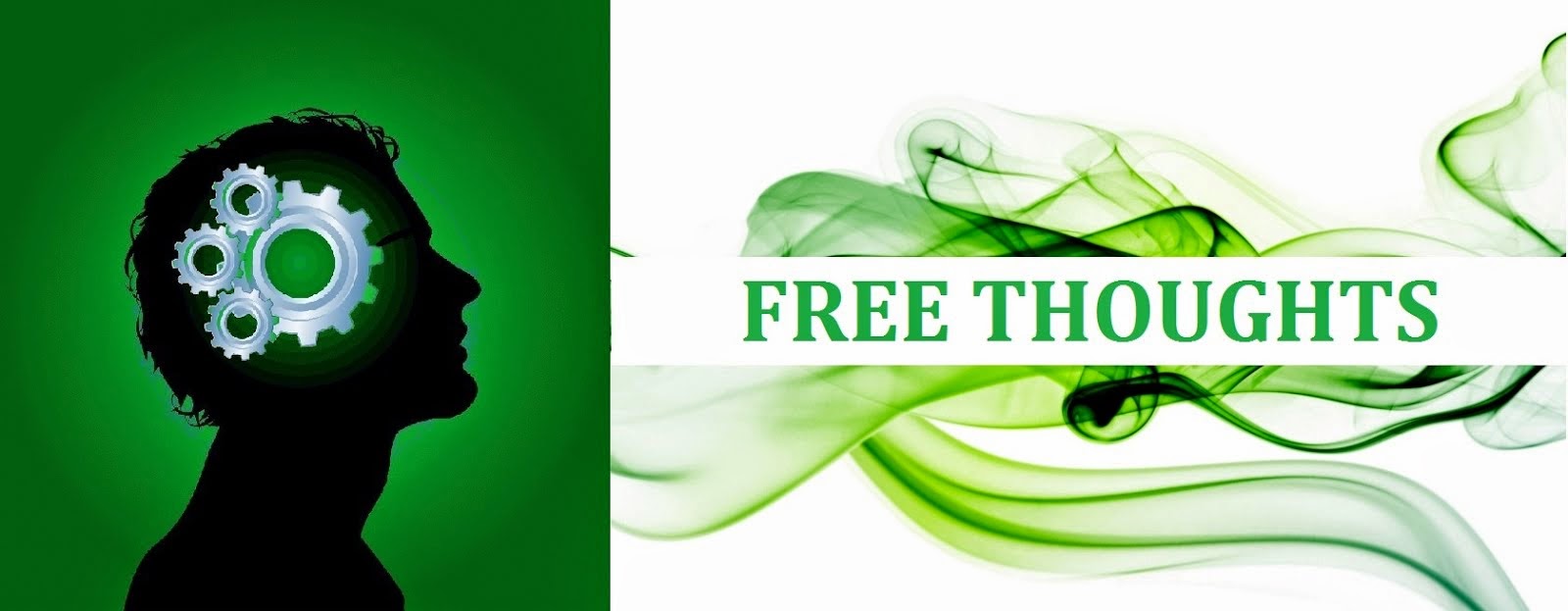Army has finally entered the scene, boosting the rumors that all this turmoil was in fact orchestrated by the powerful military of the country. Meetings took place between the Prime Minister and the Army Chief on Thursday and next day the Chief met with both the protest leaders, ostensibly to mediate between the government and the protesters. According to the rumors, Nawaz Sharif was attempting to take full control of some national interests which, among the power structure of Pakistan, are considered to be de facto domains of the military establishment. These include the security affairs and foreign policy, especially the relations with USA and India. The struggle between the government and the military was underway since Nawaz Sharif assumed office and now the military is using PTI and PAT to mount pressure on the government in order to subjugate it. Many critics of Imran Khan think that on the basis of this theory, PTI is nothing but a puppet in the hands of Pakistani generals.
The fact that this is probably just a conspiracy theory, devoid of any factual basis, doesn’t seem to tone down the supporters of Nawaz Sharif’s party. From the day that PTI jumped into the political fray after a massive show of popular support in Lahore some months before the elections, it has been constantly blamed to be a sham political party which is acting as an agent of the military establishment. Although afterwards the facts suggest that PTI had no support from any of the power brokers of the country, as it fell short of any considerable success across Pakistan save one province, in elections with questionable transparency. For argument’s sake, lets assume that PTI is being used by the military establishment. The next question is, to what extent? Is Imran Khan actually being dictated by the GHQ, or is it that the military benefits from the chaos that is being caused by a third force in a political system that was dominated by two parties?
Anyone who knows even a bit about Imran Khan understands that a person like him can hardly be the one who accepts dictation. Even many of his critics agree that he can be fooled but can’t be reined in. It can be suspected that he might be collaborating with the army, but only to further his own cause. Moreover, recent events suggest that N-League leaders, and not the protesters, are relying on the army. There is a debate going on whether the army was called in by the government for mediation or did it just give a go ahead after army requested its role as mediators following calls from the protest leaders to get involved. Even if the government just gave a go ahead to the army, it contradicts the notion that there is a struggle or an atmosphere of mistrust between the two state institutions. But lets once again make an assumption. Lets say Imran Khan is being dictated by the GHQ. It then becomes a clear case of a power struggle between the government and the military. What, in this case, are the people supposed to do? Are they supposed to support the government, stay neutral or support the protesters backed by the military?
The conclusion made by the supporters of Nawaz Sharif is that after going through all those assumptions the people are supposed to back the government. Afterall, it’s the N-League standing against the oppressive military regime that has not let the civilians assume complete control of the country for half a century. But the question is, are people going to trust Nawaz Sharif? What would convince them that it is better to let N-League tackle the issues of security and foreign policy? Why won’t they fear that the leaders of the ruling party, who are notorious for being corrupt, selfish and nepotist, will not use these tools to further their own interests? People don’t want army to keep these powers because they believe army uses them to secure its own interests instead of the interests of the people. But army is after all a state institution. At least some of its interests will always coincide with the interests of the state. What about a political party which is owned by a single family? What are the chances that their interests will match the interests of the state? Even after making numerous assumptions, there are no absolute grounds for N-League’s support. There are only two sane choices, either remain neutral or side with the protesters by believing in the known facts instead of making assumptions after assumptions.




